
It’s a scenario many of us have experienced: you pull into your driveway after a long day, perhaps juggling groceries, children, or a demanding schedule, and the thought crosses your mind—”I’ll just leave that in the car until tomorrow.” Our vehicles often become extensions of our homes or offices, convenient rolling storage containers that seem perfectly safe for stashing everything from daily essentials to valuable possessions. After all, it’s accessible, and ostensibly, only you can get into it.
However, this seemingly harmless habit can expose you to a surprising array of risks, ranging from costly damage to your belongings, significant health hazards, and even serious security vulnerabilities. What seems like a minor oversight can have major repercussions. While some items are perfectly fine to keep in your car, understanding what absolutely *shouldn’t* be left behind, especially for extended periods, is crucial for safeguarding your finances, your health, and your peace of mind.
To help you navigate these often-overlooked dangers, we’ve consulted experts and gathered vital information on the top things you should rethink leaving in your vehicle. From sensitive electronics to seemingly innocuous items like water bottles, the internal environment of your car—particularly its fluctuating temperatures—can transform everyday objects into potential problems. Let’s dive into the first half of this essential guide to keeping yourself and your belongings safe.
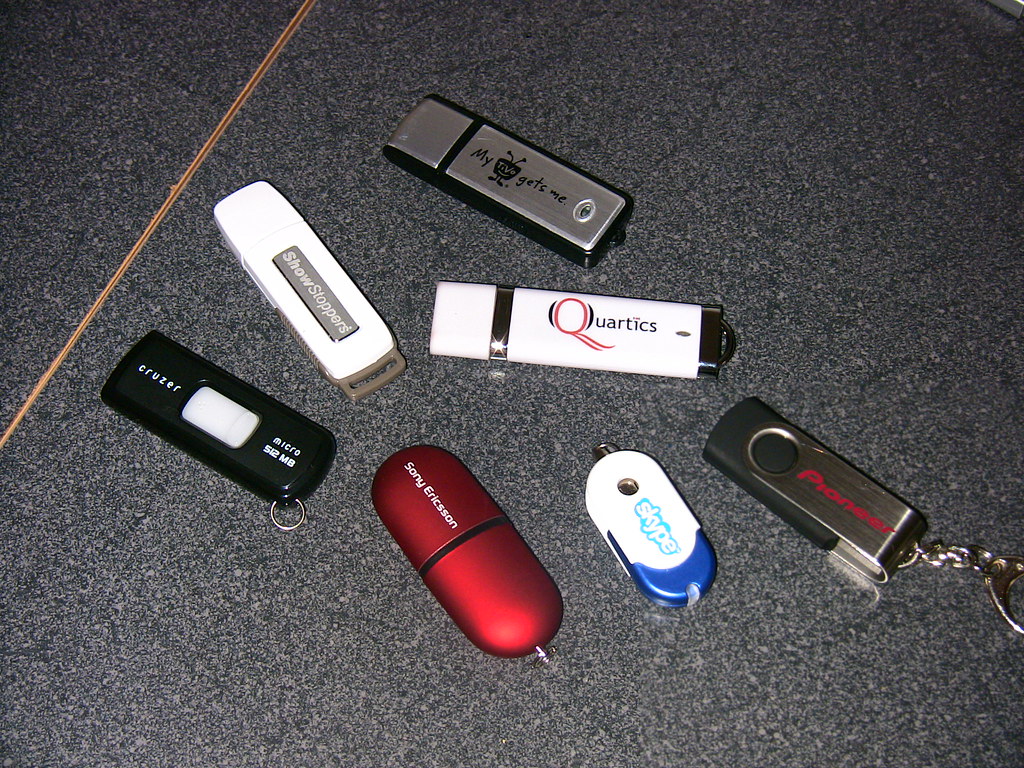
1. **Electronics**Leaving your electronic gadgets in the car might seem like a small convenience, but it carries a double-edged risk. First, these devices, such as laptops, cell phones, thumb drives, and cameras, are highly attractive targets for thieves. Even if your car is locked and alarmed, the visible presence of electronics can tempt opportunistic individuals to break in, leading to expensive replacements and the hassle of dealing with theft.
Beyond the risk of theft, the extreme temperatures inside a car can be devastating to electronics. In summer, cabin temperatures can soar to 30 degrees Fahrenheit more than those outside, creating an oven-like environment. Lithium-ion batteries, commonly found in these devices, are particularly susceptible to heat waves. Prolonged exposure to such high temperatures can cause them to overheat, degrade, and significantly shorten their lifespan, or even, in severe cases, cause them to explode.
Conversely, extremely cold conditions can also harm electronics, shortening battery life and damaging delicate screens. It’s a lose-lose situation. If you absolutely must leave an electronic device unattended in your vehicle—though it’s strongly advised against—ensure that any sensitive information it contains is encrypted. As Eva Velasquez, CEO of the Identity Theft Resource Center, points out, encryption offers a “strong layer of protection,” making it far more secure than simple password protection.
Read more about: $50,000 Mistake: The 11 Essential Rules for Smart Home Technology Investment in 2025

2. **Wallet**Perhaps one of the most glaring invitations to trouble, leaving a wallet, purse, or even visible cash in your car is a serious oversight. Whether it’s displayed prominently on the dashboard or simply left in plain sight on a seat, it instantly makes your vehicle a target for thieves. Even if you believe your doors are locked or that you’ve removed all the valuable contents, the mere sight of a bag or wallet is enough to attract unwanted attention.
As Velasquez emphasizes, “It doesn’t matter if the alarm goes off. It’s attractive, and they’re going to grab it.” Thieves often operate on opportunity; a visible wallet presents an irresistible one. This isn’t just about losing the cash inside; it’s about the headache of replacing identification, credit cards, and dealing with potential financial fraud.
Even something as minor as spare change in a cup holder can be enough to pique a thief’s interest and lead to a costly break-in. The simplest and most effective deterrent is to remove your wallet or handbag from the car every single time you leave the vehicle, ensuring it stays securely with you, out of sight and out of reach of potential wrongdoers.
Read more about: $50,000 Mistake: The 11 Essential Rules for Smart Home Technology Investment in 2025
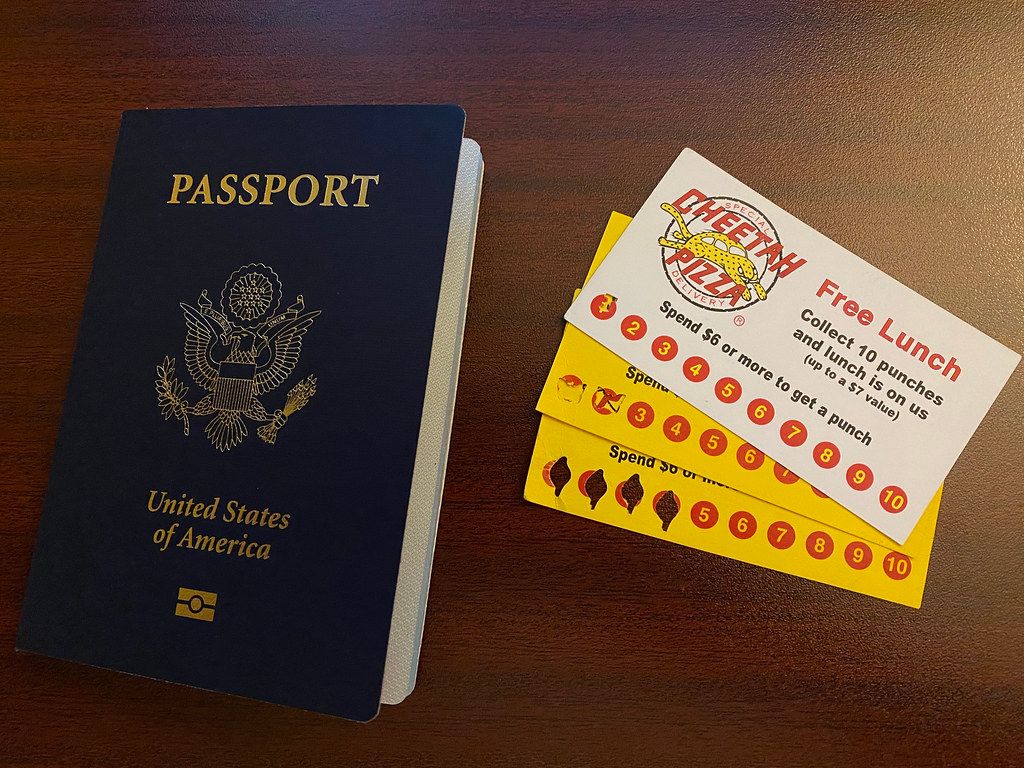
3. **Important Documents**In our busy lives, it’s easy to temporarily stash important papers in the car, intending to deal with them later. However, letting sensitive documents like tax forms, passports, financial statements, school transcripts, or birth certificates sit in your vehicle is a significant security risk. These papers contain a wealth of confidential information that, if they fall into the wrong hands, can be used for identity theft and fraud.
Eva Velasquez cautions that “Identity theft is even easier with a passport than with a driver’s license.” She urges us to regard data and pieces of our identity as valuables, stating, “You’re not going to leave jewelry in the car, but we don’t have that same level of concern with things that make up our identity, and we need to.” The exposure of such documents can lead to immense personal and financial complications.
Whether you need to shred documents, mail them, or simply store them safely at home, make it a priority. As Velasquez advises, “Put it in the car, take care of it and then you’re done. You have to follow through.” The bottom line is simple: if these documents don’t need to be in your car *right now*, they should be stored securely at home or in the office.
Read more about: Consumer Alert: The 14 Costly Dealer Add-Ons to Avoid at the Car Dealership
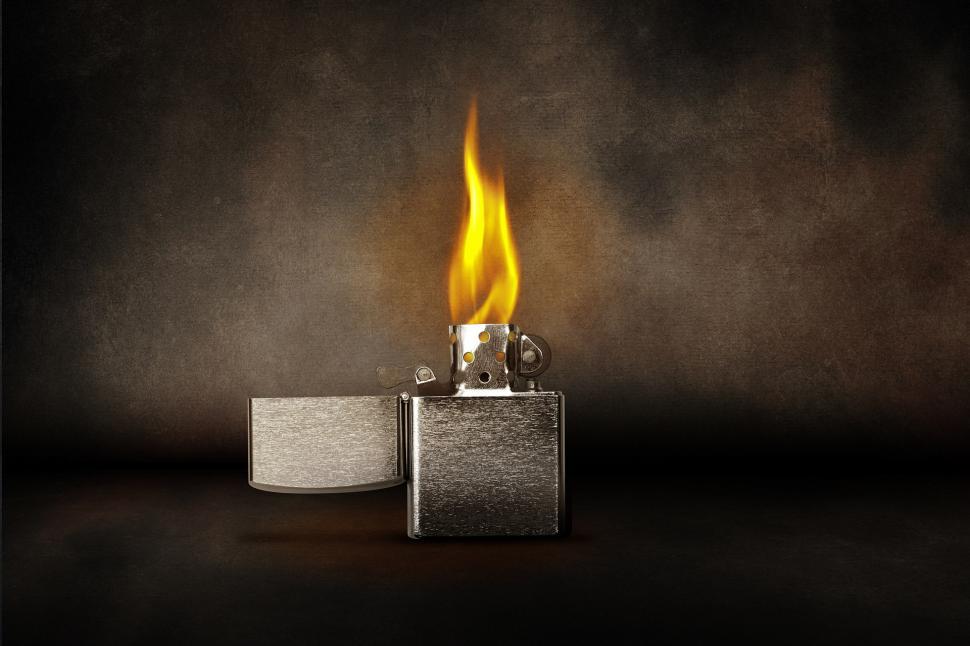
4. **Flammable Items (Lighters)**For smokers or anyone who regularly uses lighters, it’s crucial to remember that these seemingly small items can pose a serious danger when left in a car. Lighters contain pressurized gas that is highly sensitive to harsh temperatures. The interior of a parked car, especially on a sunny day, can quickly reach temperatures that cause this gas to expand dramatically.
This expansion builds immense pressure inside the lighter, making it unstable and capable of exploding. Such an explosion could not only start a fire but also cause significant damage to your car’s interior, creating a hazardous situation. It’s a risk that is entirely avoidable by simply remembering to take your lighter with you.
Even in cold weather, lighters can become unreliable, affecting fuel flow and making them difficult to use. To protect your vehicle and ensure safety, always store lighters in a safe, temperature-controlled space, preferably outside your car, to prevent any potential mishaps.
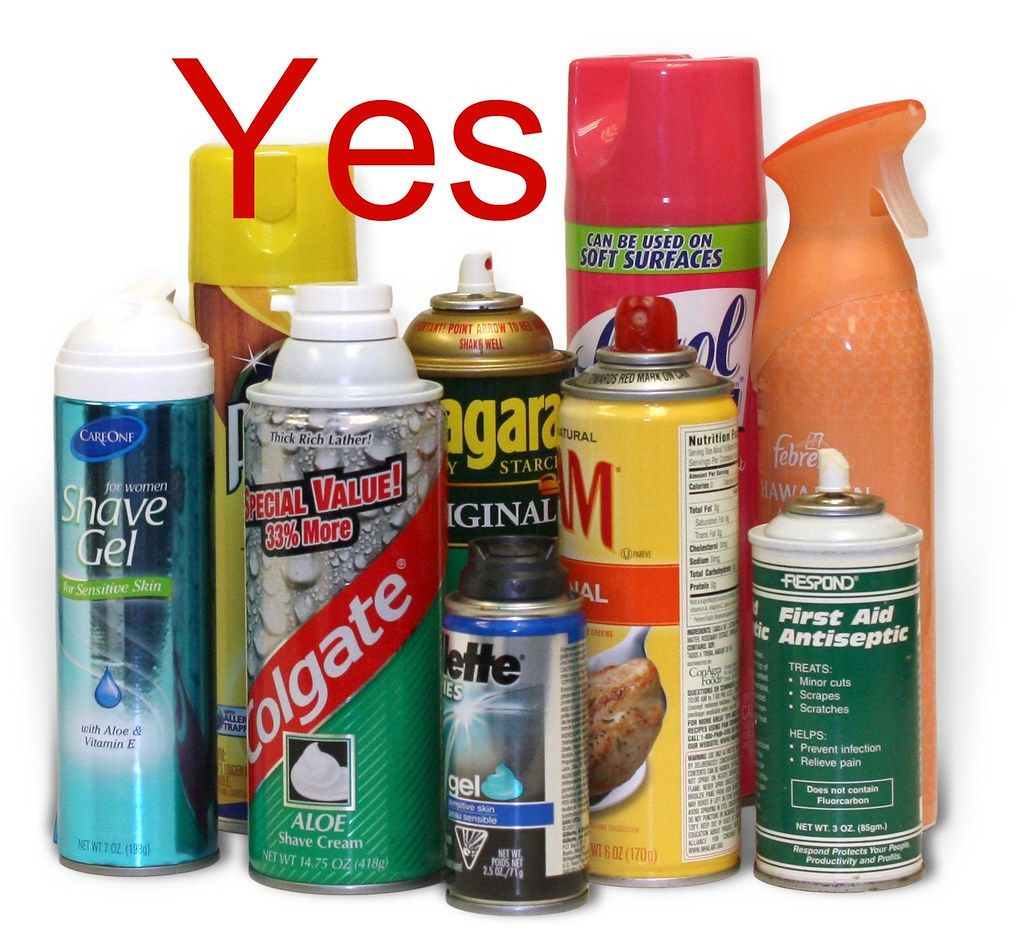
5. **Aerosol Cans**From deodorants and hairsprays to spray paints and household cleaners, aerosol cans are ubiquitous in our daily lives. However, like lighters, these pressurized cans are not designed to withstand the extreme temperatures often found inside a parked car. Most aerosol cans carry a warning to avoid storing them in temperatures above 120 degrees Fahrenheit—a temperature easily reached in a car during a sunny day.
When exposed to high heat, the pressure inside an aerosol can skyrockets. In rare, but dangerous cases, this can lead to an explosion. A couple in Louisiana learned this the hard way when a spray can became a projectile inside their vehicle, shattering their windshield. While no one was injured in that incident, the potential for serious harm or extensive property damage is clear.
Such an explosion can not only damage the car’s interior but also create a messy and potentially toxic situation, depending on the contents of the can. To avoid leaks, messes, or dangerous situations, it is always wise to keep aerosol cans out of your car, particularly when the summer season is on the calendar.
Read more about: The Alarming Truth: What Recent Policy Shifts and Common Myths Mean for Your Car’s Fuel Economy

6. **Canned Beverages**Many of us enjoy a refreshing soda or other canned beverage while driving, and it’s common to leave an unfinished can on the car seat or in a cup holder. Yet, just like electronics and aerosol cans, canned beverages are highly sensitive to high temperatures, making them another item you should think twice about leaving in your vehicle.
When a canned drink is exposed to heat, the carbon dioxide molecules inside become highly agitated and excited. This increased molecular activity leads to a rapid rise in pressure against the interior walls of the can. As the pressure level continues to climb, the can can effectively turn into a “little bomb” and explode.
The sticky aftermath of a soda catastrophe is not only a cleaning nightmare but also can permanently stain or damage your car’s interior. No matter how thoroughly you clean, the residual stickiness and potential for mold growth can be persistent. Save yourself the mess and the headache by taking your canned beverages with you when you leave your car.
Read more about: Decoding Your Grocery Bill: The Staple Items That Rose Most in Price in 2025

7. **Wine**For those who appreciate a fine vintage, leaving a bottle of wine in a hot car is akin to culinary sabotage. A hot car cabin is far from the optimal environment for wine storage and can quickly ruin a perfectly good bottle. The delicate balance of a wine’s flavor and aroma is highly susceptible to temperature fluctuations.
When exposed to excessive heat, the oxidation process within the bottle accelerates significantly. This rapid oxidation can cause the wine to turn a brownish color, a clear indicator that its taste has gone bad. The nuanced flavors can transform into something unpalatable, rendering your investment useless.
Furthermore, the expanding air inside a hot bottle can put pressure on the cork. If the cork loosens or even pushes out slightly, it introduces unwanted oxygen and bacteria into the wine, further contaminating it. This often results in a bottle of something closer to vinegar than a delightful beverage. Therefore, it’s always best to save your wine-buying errands for the very end of your trip, ensuring you can bring it indoors and into a temperature-stable environment as soon as possible.
Having explored the immediate dangers posed by leaving electronics, valuables, and pressurized items in your vehicle, it’s clear that our cars are far from ideal storage spaces. But the risks don’t stop there. Beyond theft and explosive hazards, many everyday items, and even living beings, can face serious threats from the unpredictable environment inside a parked car. From medications losing their potency to the critical dangers posed to children and pets, understanding these further implications is paramount for maintaining safety, health, and peace of mind. Let’s continue our essential guide by examining seven more critical ‘things’ that should always be removed from your car.
Read more about: An In-Depth Look at Nicole Kidman’s Enduring Connection to Her Australian Farm and Her Global Property Portfolio

8. **Medication**Most medicine is designed to be stored within a specific temperature range, typically at room temperature. However, the interior of your car rarely maintains this moderate environment, especially once parked. Whether scorching summer heat or freezing winter cold, these extreme fluctuations can compromise the integrity and effectiveness of your vital prescriptions and over-the-counter remedies.
While heat might not directly make your drugs harmful, it can certainly render them less effective. According to Baystate Health, temperatures outside the 59 to 77 degrees Fahrenheit range can pose a threat. For instance, insulin can become ineffective, and antibiotics may degrade rapidly, leaving you vulnerable when you rely on them for your health.
Conversely, extremely cold conditions can also alter the chemical composition of many medications, just as heat does. To ensure the safety and potency of your medicine, it is always best to store it in a controlled environment, preferably indoors. Taking this simple precaution can prevent serious health risks and save you from wasting valuable prescriptions.
Read more about: Beyond the Buzz: Unpacking the Hidden Nausea of Next-Gen EVs and How Tech is Tackling Car Sickness
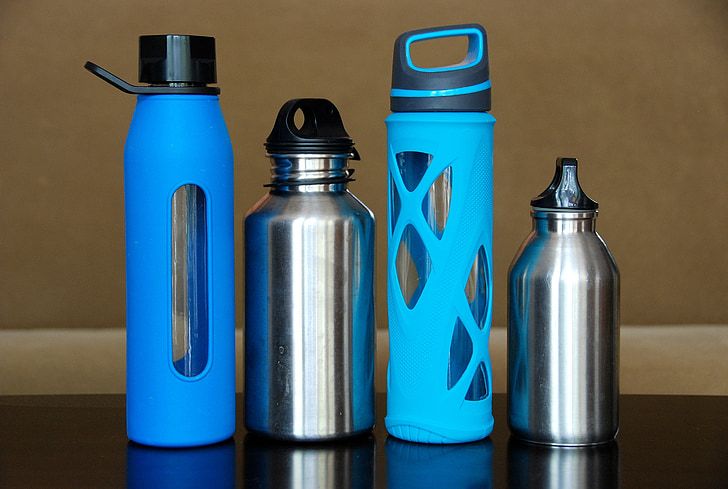
9. **Water Bottles**Leaving a water bottle in your car seems harmless, a quick way to stay hydrated on the go. However, this seemingly innocuous habit carries several hidden health hazards that many are unaware of. The plastic in many common water bottles, when exposed to the sun and heat, can become a source of unwelcome chemicals.
Studies have linked chemicals like BPA and phthalates, often found in plastic water bottles, with various health conditions, including cancer and heart disease. When a bottle heats up in the sun, these chemicals, along with microplastics, can leach directly into your drinking water. Consuming water contaminated with these substances over time could pose significant health risks.
Furthermore, if a water bottle has been opened and partially consumed, leaving it in a warm car creates an ideal breeding ground for bacteria. This bacterial growth can make the water unsafe to drink, regardless of chemical leaching. For fresh, clean, and critter-free hydration, it’s wise to pay attention to expiration dates and, more importantly, to avoid leaving plastic water bottles in your car. Opt for a reusable, BPA-free bottle that can withstand temperature changes to protect your health.
Read more about: Hermeto Pascoal: The Eccentric ‘Sorcerer’ Whose Wild Creativity Shaped Global Music, A Retrospective

10. **Sunscreen**The irony of leaving sunscreen in a sunny car is quite profound: the very product designed to protect you from the sun can be rendered useless by it. The active ingredients in sunscreen are highly sensitive to high heat, and leaving a tube or bottle in a hot car can cause them to break down significantly. This degradation reduces its effectiveness, compromising your protection.
When your sunscreen’s protective chemicals are broken down, you might apply it believing you’re shielded from harmful UV rays, but you are not. This false sense of security can lead to painful sunburns, and more seriously, increase your risk of long-term skin damage, including skin cancer. To maintain its full protective power, proper storage is essential, even covering it with a towel when at the beach or pool.
Beyond its efficacy, sunscreen bottles themselves can also become a problem. Extreme heat can cause the pressurized contents to expand, leading the bottle to warp, leak, or, in rare cases, even explode. This not only creates a “hot mess” that can permanently stain or ruin your car’s upholstery but also wastes your product. Prioritize taking your sunscreen with you to ensure it remains effective and contained.
Read more about: Seriously, Where Did They Go? 12 Iconic American Foods That Vanished From Our Tables (And Why!)

11. **Groceries**Making a quick grocery run after work or during other errands often means leaving perishable food in your car for an extended period. This seemingly minor convenience, however, can quickly turn into a significant health risk. In general, the U.S. Department of Agriculture recommends that perishable food should be refrigerated within two hours of purchase.
This critical window for food safety shrinks dramatically when temperatures are high. If the outside temperature climbs above 90 degrees Fahrenheit, that two-hour limit is cut in half; food should not be left out for more than an hour. Beyond these limits, bacteria can begin to multiply rapidly, transforming fresh, healthy edibles into potential sources of food poisoning.
Moreover, extreme temperatures, whether hot or cold, can also damage the quality and appeal of your groceries. Fresh produce can wilt and spoil in heat, or freeze and become unusable in cold. Dairy products, meats, and eggs are particularly vulnerable to spoilage and bacterial growth. To protect your family’s health and your investment, always make grocery shopping the very last errand on your list, ensuring perishables go straight into the refrigerator as soon as you get home.
Read more about: Beyond the Script: 10 Jaw-Dropping Real-Life Incidents That Shaped Harrison Ford’s Legendary Persona

12. **Cosmetics / Makeup and Skincare Products**For many, quality cosmetic and skincare products represent a considerable investment, yet they are often inadvertently subjected to damaging car temperatures. Leaving your expensive makeup or skincare in the back seat can quickly lead to their destruction, rendering them unusable and wasting your money. These products are formulated to perform best at specific temperatures, usually room temperature.
In a hot car cabin, the heat can wreak havoc on delicate formulations. Your new lipstick, for instance, can easily melt into a puddle of wax, becoming utterly useless. Creams may separate, losing their smooth texture, while active ingredients, such as retinol in skincare, can degrade and lose their effectiveness, compromising the benefits you seek from them.
Conversely, chilly winter days pose a different threat. Items like mascara can freeze, altering their consistency and making them clumpy or unusable. Cold temperatures can fundamentally change the textures of many products, making them unpleasant or impossible to apply. To preserve the quality, integrity, and effectiveness of your beauty regimen, always remember to remove these items from your car and store them indoors at a stable room temperature.
Read more about: Kim Kardashian’s True ‘Secrets’ for Shaping Her Billion-Dollar Image (and What It Means for Your Wellness Journey)
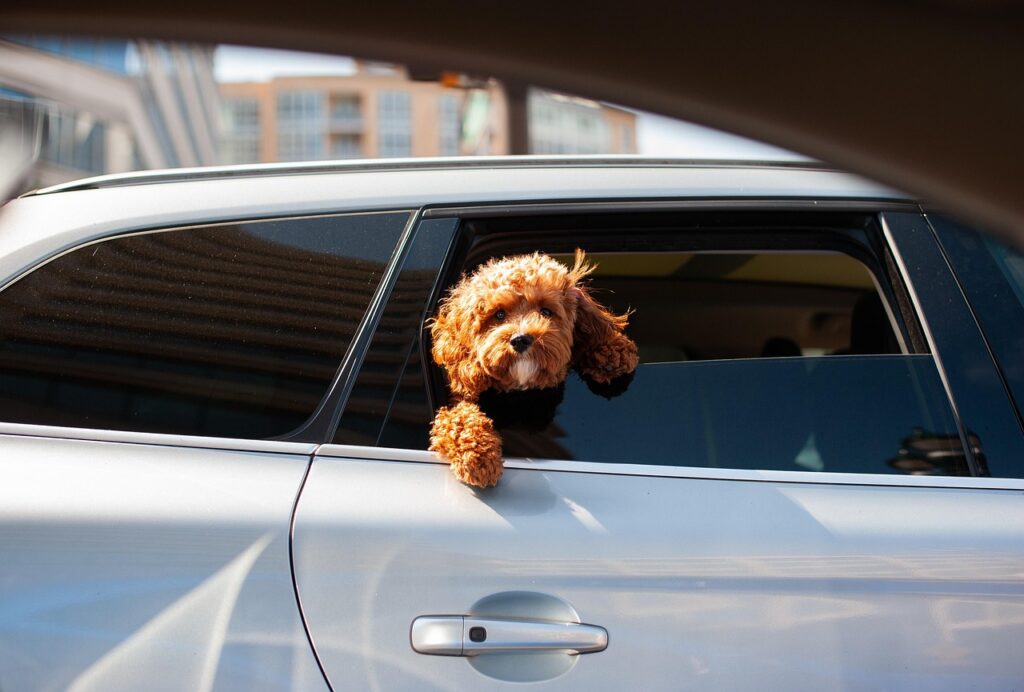
13. **Pets**Leaving a pet unattended in a vehicle, even for a short time, is an extremely serious and potentially fatal decision. Hundreds of pets tragically die every year from overheating in cars, according to the American Veterinary Medical Association. These beloved companions are far more susceptible to rapid temperature changes than humans, making a parked car a death trap.
Temperatures inside a vehicle can skyrocket rapidly, often reaching 45 degrees higher than the outside climate within an hour. Even parking in the shade or cracking a window, which many mistakenly believe is sufficient, does little to mitigate this dangerous heat buildup. In cold weather, the car can quickly become an icebox, exposing pets to dangerously low temperatures and hypothermia.
Beyond the life-threatening temperature risks, a panicked or threatened pet left alone can become aggressive, potentially causing damage to your car’s interior with scuffs and scratches on leather and plastic. The message is unequivocal: your furry friend should always be with you, or safely at home. If you must travel with your pet, meticulous planning is essential to ensure their constant safety and comfort, never leaving them alone in a vehicle.
Read more about: The Phenomenal Journey of ‘Talking Tom & Friends’: How a Simple App Became a Global Multimedia Empire
14. **Young Children**Perhaps the most critical and heartbreaking warning on our list involves leaving young children alone in a car. This is not merely about an item but about a vulnerable life. Even if an errand is expected to take only a few minutes, leaving a child unattended in a vehicle on a hot day puts their safety at unimaginable risk.
The statistics are grim: in 2024 alone, 39 children died from heatstroke after being left in a car, a figure two higher than the national average. Temperatures inside a car can spike almost 20 degrees Fahrenheit in a mere 10 minutes, according to the Centers for Disease Control and Prevention, creating an oven-like environment that can quickly become fatal for a child whose body temperature rises much faster than an adult’s.
Even with windows cracked, the danger remains profound. Furthermore, it’s not just a moral imperative; in many areas, state laws explicitly make it illegal to leave young children alone in a vehicle, regardless of the outside temperature. No errand, no matter how brief or urgent, is worth risking a child’s life. Always ensure that your precious little ones accompany you or are supervised by a responsible adult outside the vehicle.
Read more about: Unlock Your Echo’s Hidden Powers: 15 Game-Changing Features 15 Out of 20 Users Miss!
Ultimately, your car is an incredible tool for transportation and convenience, but it’s crucial to remember that it’s not always the safe, secure, or temperature-stable storage unit we often treat it as. From safeguarding your health and preserving your valuables to, most importantly, protecting the precious lives of children and pets, a little mindfulness can go a long way. By understanding these often-overlooked dangers and making a conscious effort to remove these items, you can prevent countless headaches, costly damages, and even tragic outcomes, ensuring your peace of mind and the well-being of everyone and everything you cherish. Make it a habit: if it matters, take it with you.” , “_words_section2”: “1945




